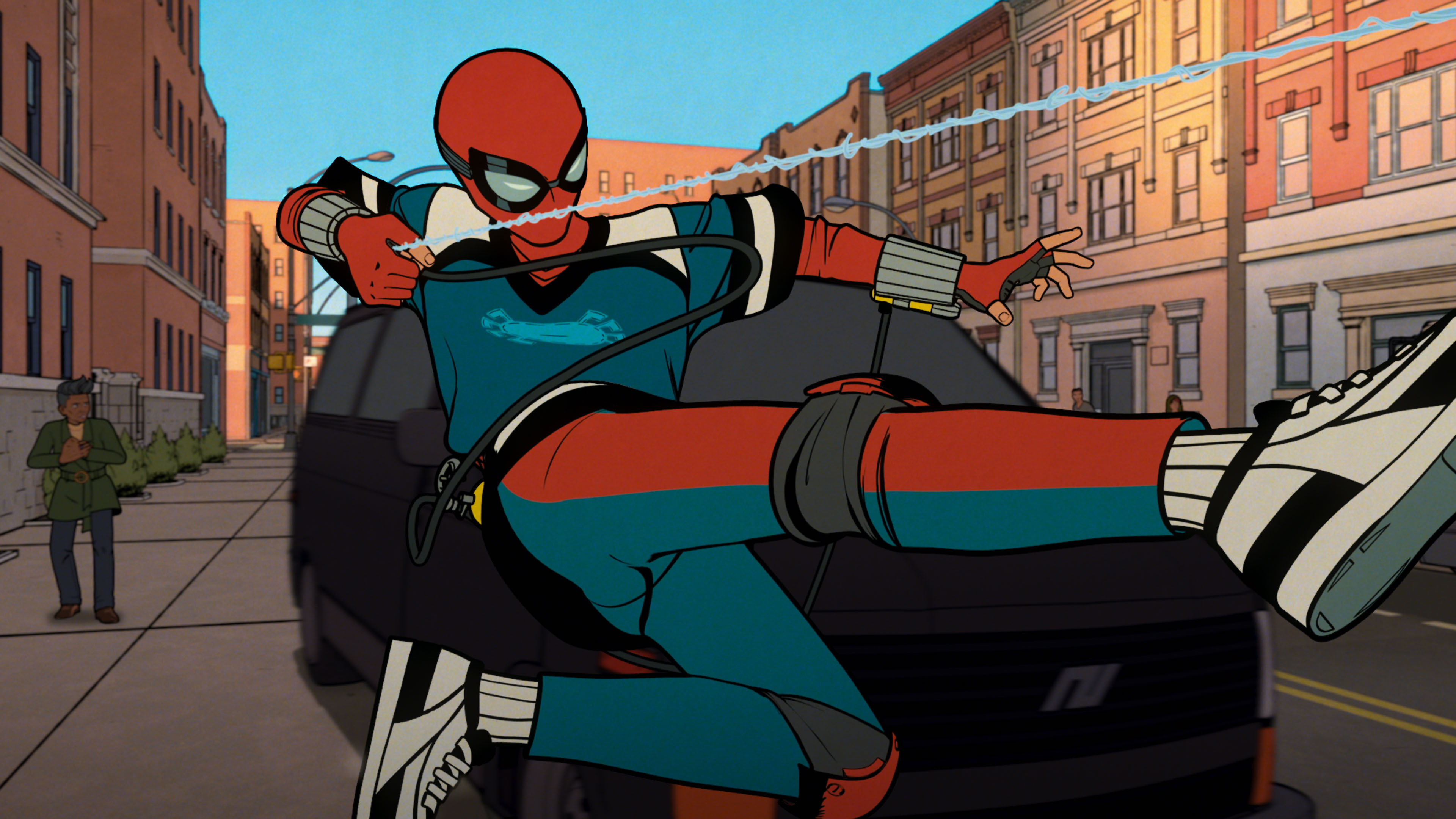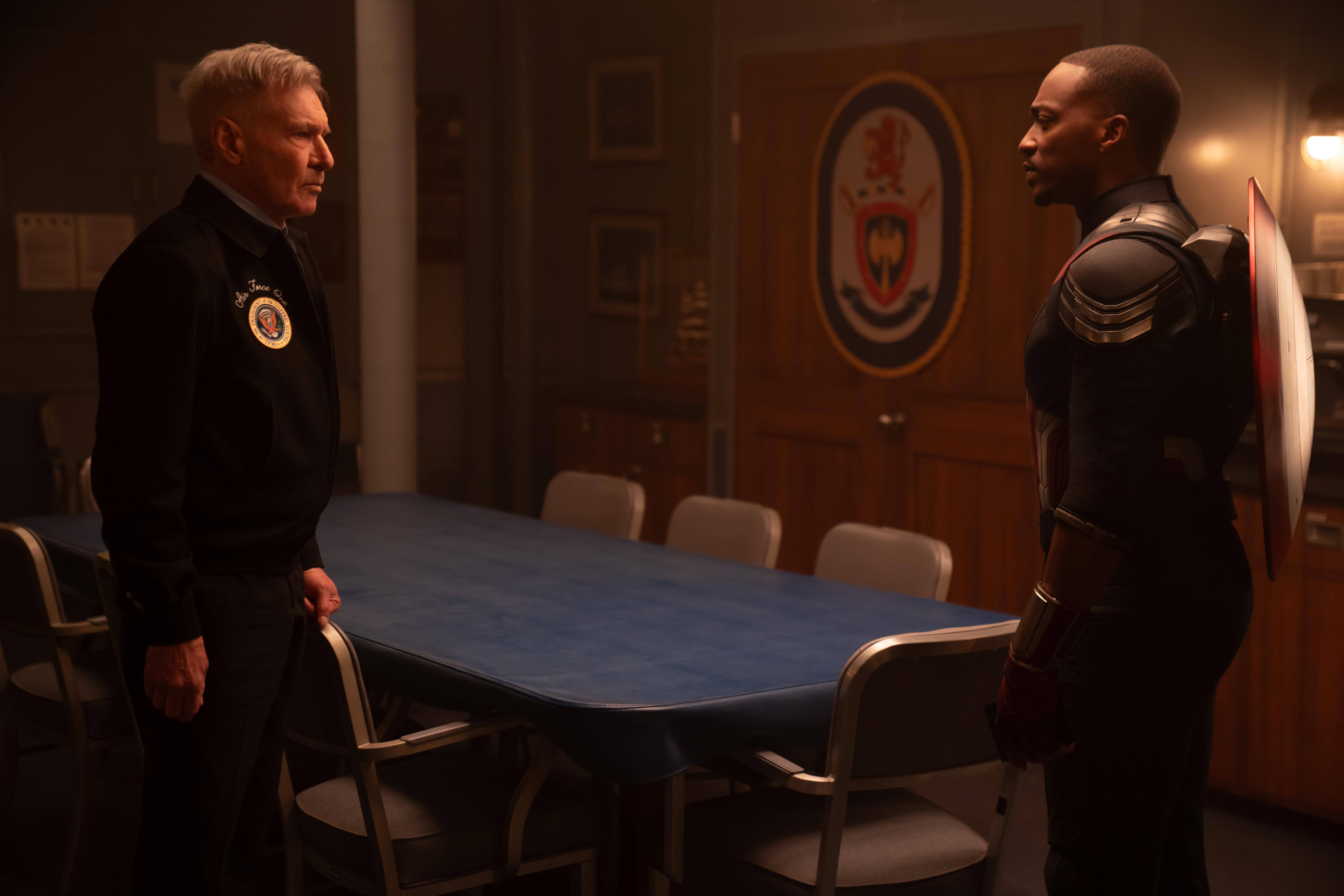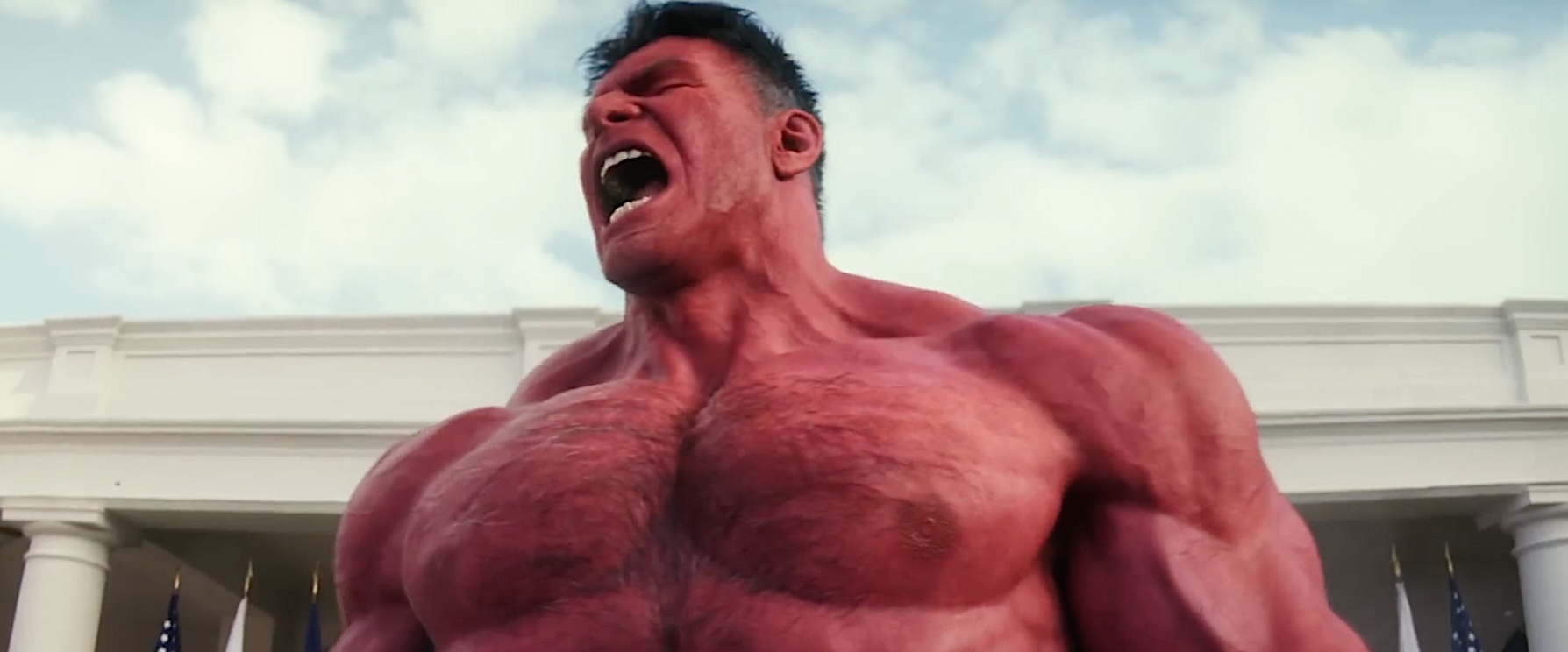Loki season 2 is already in full swing. There’s a new Kang variant, a few intersecting plots that hold the fate of every universe in the balance, a lot of talk of the Sacred Timeline and pruning, and a time loom that controls the multiverse. Frankly, it’s all a little more than the formerly silly show about good pals Loki and Mobius can bear. But for just one second in Loki season 2’s third episode, we get a hint of a much more fun and interesting version of this season, thanks to a reference to one of America’s strangest serial killers: H.H. Holmes.
Holmes gets a shoutout in episode 3 because Loki and Mobius visit the 1893 World’s Columbian Exposition, better known as the Chicago world’s fair. This event is historically significant for a few different reasons — one of the first public recitations of the Pledge of Allegiance occurred, a building-sized refrigerator caught on fire and killed 16 people, and Juicy Fruit gum, Cream of Wheat, Quaker Oats, Pabst Blue Ribbon, peanut butter, and brownies all made their delicious debuts — but for a certain type of person, the most notable thing about that particular fair is Holmes’ activities.
Born Herman Webster Mudgett, Holmes was a serial killer who is most infamous for his “murder castle.” Leading up to and during the fair, Holmes ran a hotel that he designed and had custom-built for killing people in various ways, including secret chambers and airless rooms. He had the entire place built by separate contractors who never saw the full designs, in order to keep everyone in the dark about his plan.
Or at least, that’s what some of the stories from the time say. In reality, part of what makes Holmes so captivating is that we don’t really know much beyond his own fantastical stories and the probably hyperbolic reports in newspapers of the time. For instance, Holmes confessed to the murders of 27 people in his trial, but some of those people were still alive when he made that confession. Many now dispute whether Holmes actually killed anyone in his murder castle at all — we do know he killed at least nine people, just not necessarily at the hotel. But none of that stops it from being a bizarre and fascinating story. Which is exactly how it ends up getting mentioned on Loki.
:no_upscale()/cdn.vox-cdn.com/uploads/chorus_asset/file/24979638/ARC_201_12253_R.jpg)
All of this explanation brings us to our main point: If H.H. Holmes killed all those people in this timeline, why aren’t Loki and Mobius going to stop him? And more importantly, why isn’t Loki about that, instead of tracking down Kangs and the evil plans of a holographic clock?
Just imagine a slightly different version of Loki that was about Tom Hiddleston and Owen Wilson traversing history to prevent (or maybe cause) a variety of silly and/or horrible things. Two terrifically charismatic people, in new costumes every week, solving weird historical mysteries that slowly tie into the Marvel Cinematic Universe in the smallest and most inconsequential ways imaginable. That sounds rad, right?
But, sadly, that’s not the show we have. Instead, Loki is a linchpin for the entire plot of Phases Five and Six of the MCU. The very silly time shenanigans of the Time Variance Authority somehow double as some of the most consequential events in the franchise, and it all seems primed to explain to us (at long last) why Kang is so damn important that he gets a movie named after him.
All of that plot is too much weight for one quirky little show to bear. But at least for one second, the show allowed us a glimpse at a better, funner timeline. It may be too late for Loki season 2 to embrace this approach, but as we glimpse down the barrel of many, many future MCU projects, it would be nice if this franchise remembered how to just be fun.








